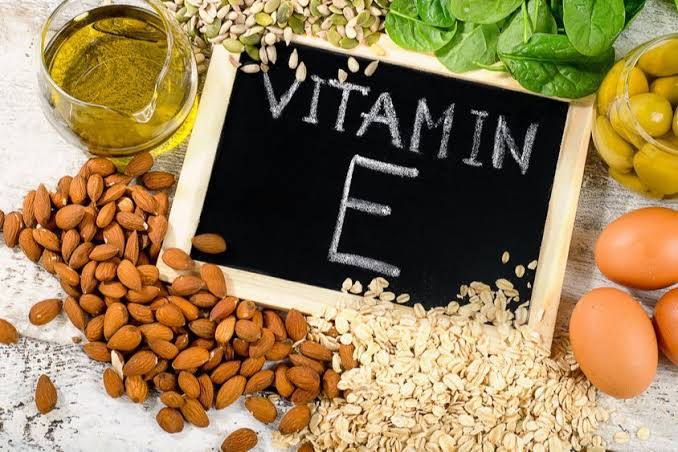The term “menstrual health” has become more widely used in advocacy, programming, policy, and research, but it has lacked a clear, concise definition.

As a rapidly expanding field of study and practice, a comprehensive definition is required to
(1) ensure that menstrual health is prioritized as a unified goal in global health, development, national policy, and funding frameworks,
(2) elucidate the breadth of menstrual health, even where different needs are prioritized in different sectors, and
(3) facilitate a shared vocabulary through which stakeholders can communicate across silos to share learning.
Concerning the menstrual cycle, menstrual health is a state of complete physical, mental, and social well-being, not just the absence of disease or infirmity.
Menstrual health refers to women, girls, and all other people who have a menstrual cycle at some point in their lives being able to:
– Access accurate, up-to-date, age-appropriate information about the menstrual cycle, menstruation, and changes experienced throughout one’s life, as well as related self-care and hygiene practices.
During menstruation, they should take care of their bodies so that their preferences, hygiene, comfort, privacy, and safety are all respected.
This includes having access to and use of effective and affordable menstrual materials, as well as having supportive facilities and services, such as water, sanitation, and hygiene services for washing one’s body and hands, changing menstrual materials, and cleaning and/or discarding used materials.
-Access to appropriate health services and resources, pain relief, and self-care strategies for menstrual cycle-related discomforts and disorders, including timely diagnosis, treatment, and care, including access to appropriate health services and resources, pain relief, and self-care strategies. experience a positive and respectful environment about their menstrual cycle that is free of stigma and psychological distress, as well as the resources and support they need to confidently care for their bodies and make informed self-care decisions throughout their menstrual cycle.
-Decide whether and how to participate in all aspects of life, including civil, cultural, economic, social, and political, throughout the menstrual cycle, free of menstrual-related exclusion, restriction, discrimination, coercion, and/or violence.
To support menstrual health, individuals must be able to select care practices that are preferable and comfortable for them and be able to afford the resources required for self-care.

Individuals must be free to choose to participate in civil, cultural, economic, social, and political life without restrictions or exclusions based on their menstrual cycle as part of social well-being. We emphasize menstruators’ decision-making and choice, as they may choose whether or not to participate in activities based on their preferences, values, and beliefs. Individuals may opt-out of the study, and we understand that menstrual-related restrictions may be preferred. In other cases, menstruation-related social expectations and coercion prevent preferred participation, with negative consequences for physical, mental, and social well-being.
So take care of yourself.


